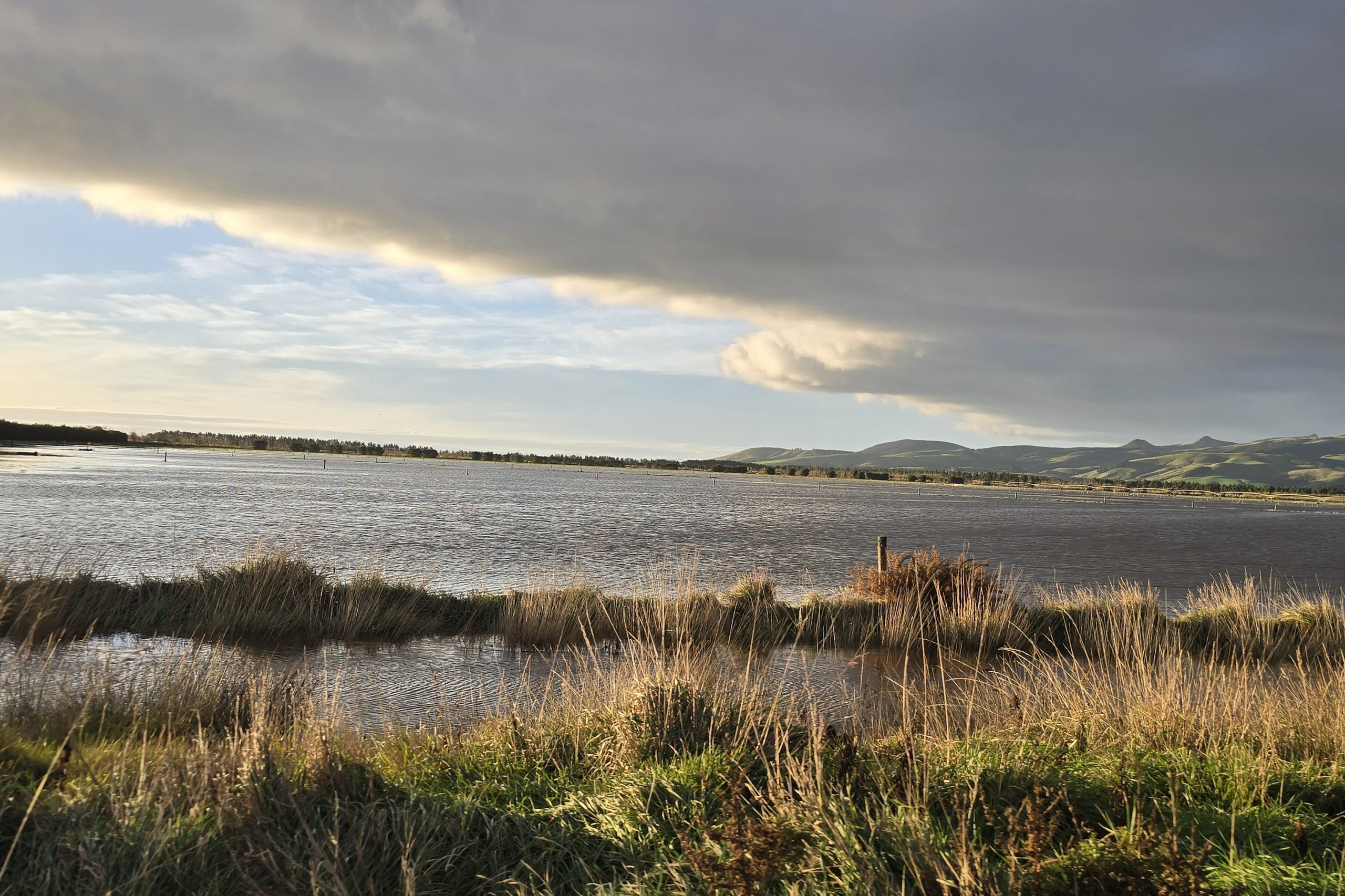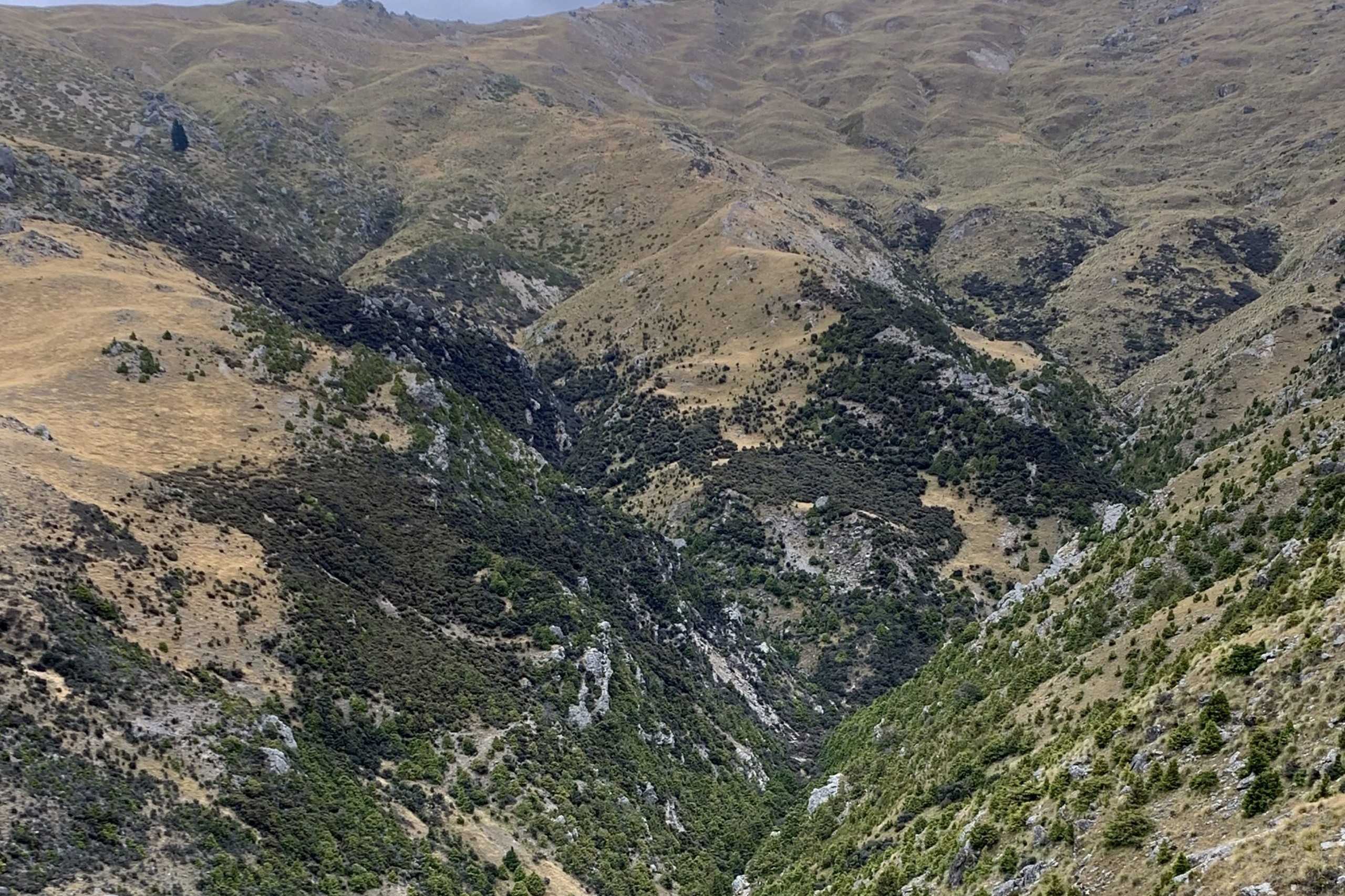Niche operator
Robert Hodgkins has found a niche on his Hertfordshire farm in England selling the Romneys to arable farmers as a means to control blackgrass and increase soil fertility.

Robert Hodgkins has found a niche on his Hertfordshire farm in England selling the Romneys to arable farmers as a means to control blackgrass and increase soil fertility.
SHEEP FARMING IN THE UNITED Kingdom has been steady these last few months – lamb prices have never been better with fat lambs about £100 vs usual £84 average ($NZ195 vs $NZ164) and store lamb (trading lambs) prices hovering at £75-£80.
It has been an incredibly wet, dull summer and while the arable side has suffered with one of the longest harvests on records, it has meant grass growth has been incredible. We usually go very summer dry and lamb growth suffers. This year lamb growth has been much more consistent and we should have a large ruck of ewe lambs for tupping.
We have sold a fantastic number of ewe lambs for breeding and have got a number of return customers so we must be doing something right. We have found a niche selling the Romneys to arable farmers as a means to control blackgrass and increase soil fertility.
The Romneys are ideal in being a low-hassle sheep that will pretty much eat anything and survive with minimal shepherding – handy with arable farmers who don’t want to get off the quadtrac!
We DNA-recorded 500 ewes this year and sent the samples across to NZ again. Dayanne Almeida from Zoetis Genetics has been awesome in helping us sort that out, all our rams are now carrying at least a single copy of Myomax and we have 10-15 that are above 2200 SIL NZMW points. Still pretty poor by your standards but we are pretty new at this game and only been recording for three years or so.
We started with most rams at about 1500 points so we are making progress, I would love to congratulate myself but as usual there is a Kiwi actually doing the work. Big thanks to Jo Scott at Targeted Breeding, she is helping us steer the breeding programme and get us up to where we need to be.
Our targets for this year will be to drop out quite a few of the average-scoring recorded ewes and replace them with ewe lambs or shearlings. Jo has set us a target to ensure the average SIL score will be 1800 points. We are about 1300 points. I don’t think we are going to quite make it this year but we will get close.
The target with Jo will be to start producing rams at the 2800-3200 range as quickly as we can. We don’t really sell rams but we have teamed up with the national sheep association and now give away five rams a year to young farmers just starting out. We had a lot of help when we first started so it is nice to be able to give something back.
We have had a big challenge this year in the recorded flock. We had a bad dog attack where several were let loose chasing the sheep until they managed to bring down a couple of ewes that were butchered in the field then dragged back to the road.
Comparing scanning results to the number of dead lambs we picked up and how many we DNA tagged showed we were about 100 lambs short which we suspect were aborted after the attack.
As well as the obvious financial cost it has also hit our lamb survival EBV and skewed those results.
We plan to compensate by doing a few more 5K DNA tests. We have 30 free with the Zoetis package but I think we will try and do a few more which will hopefully level up some of the survival EBVs by basing them on genomic data as well as what was recorded. I will have to talk nicely to Dayanne and use all of my (limited) English charm!
The arable side is finally starting to fire on all cylinders. We are investing a lot in subsoiling most of the farm to get it in much better condition. It certainly needed doing as there are parts where a three-metre, seven leg subsoiler brought a 350HP Cat Challenger to its knees. This is all in preparation for our new strip-tilling system via a Mzuri pro-till drill.
Our farm manager Monty brought one of the first Mzuri drills to New Zealand a few years ago and raved about it so now he is in the UK it was one of the first things on his shopping list. Time will tell how successful it will be but we are very hopeful over the medium term we will see a reduction in cultivation costs without any yield penalties.




